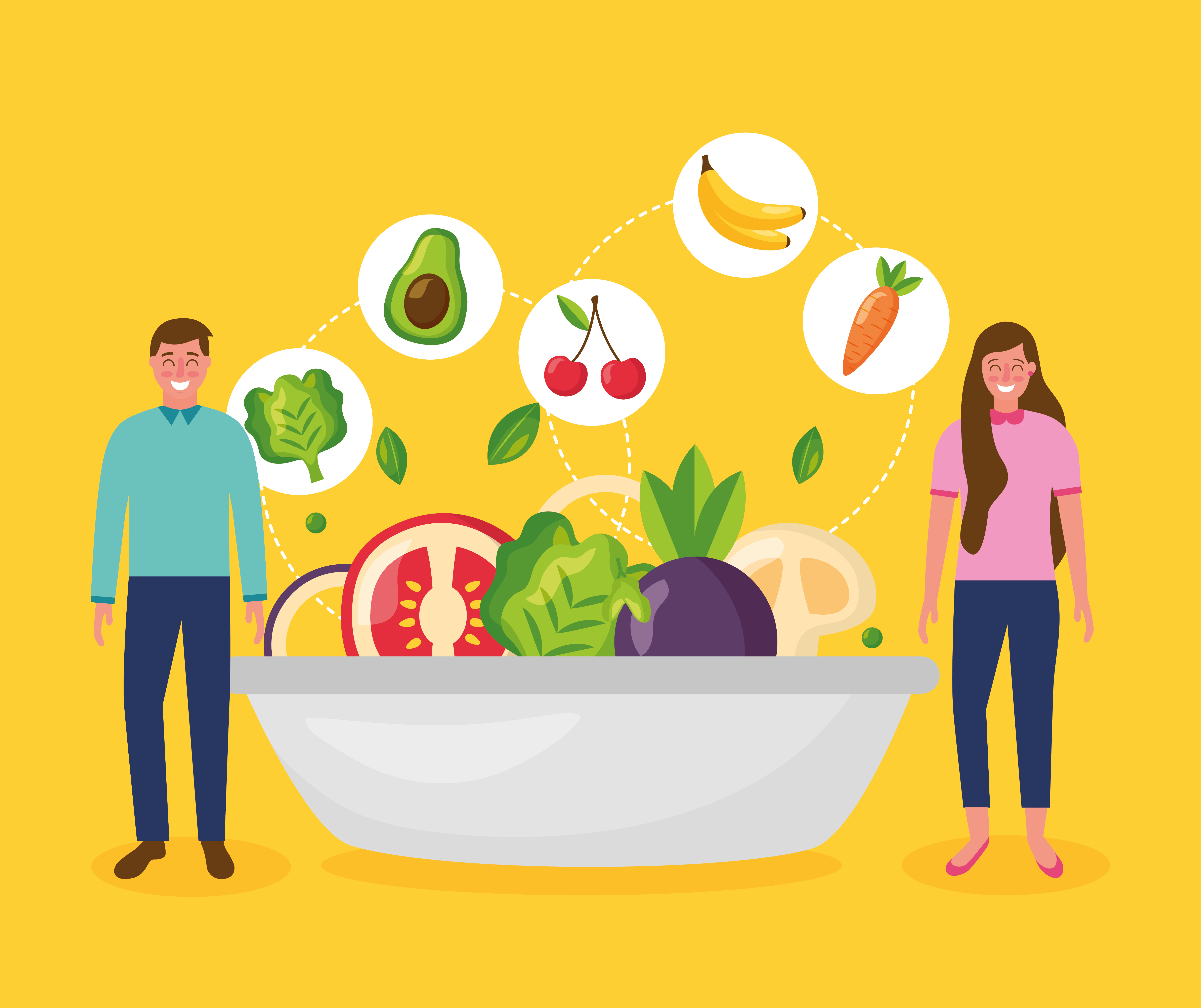
Diet and Nutrition for Colitis Management
Introduction: Managing colitis, inflammation of the colon, involves paying attention to your diet and nutrition. What you eat can significantly impact your symptoms and overall well-being. Let’s delve into some simple dietary guidelines to help you effectively manage colitis.
1. Follow a Low-Fiber Diet During Flares: During colitis flares, your digestive system may be sensitive, so opting for a low-fiber diet can help ease symptoms like diarrhea and abdominal pain. Choose easily digestible foods like white rice, pasta, cooked vegetables (without skins), lean proteins, and well-cooked fruits.
2. Consider a Low-Residue Diet: A low-residue diet limits foods that are high in fiber and hard to digest, reducing the frequency and volume of bowel movements. Foods to include are refined grains, cooked vegetables without seeds or skins, tender meats, and canned fruits without seeds or skins.
3. Avoid Trigger Foods: Identify and avoid foods that trigger your colitis symptoms. Common trigger foods include spicy foods, dairy products, high-fat foods, caffeine, alcohol, and gas-producing foods like beans and cruciferous vegetables.
4. Stay Hydrated: Dehydration is common during colitis flares due to diarrhea and fluid loss. Drink plenty of water throughout the day to stay hydrated.
You can also include clear fluids like broth, herbal teas, and electrolyte drinks to replenish lost fluids and electrolytes.
5. Gradually Reintroduce Foods: Once your symptoms improve, gradually reintroduce high-fiber foods into your diet to see how your body responds. Start with small portions and monitor for any adverse reactions. Be patient and listen to your body’s cues.
6. Consider Nutritional Supplements: In some cases, nutritional supplements may be necessary to ensure you’re getting adequate nutrients, especially if your diet is limited due to colitis symptoms. Talk to your healthcare provider about whether supplements like vitamin D, calcium, or iron are appropriate for you.
Conclusion: Diet and nutrition play a crucial role in managing colitis effectively. By following a low-fiber or low-residue diet during flares, avoiding trigger foods, staying hydrated, gradually reintroducing foods, and considering nutritional supplements, you can better manage symptoms and improve your quality of life.
To seek medical advice, always consult a Doctor. Here are our recommended experts. Click Here
To read more on Colitis. Click Here


